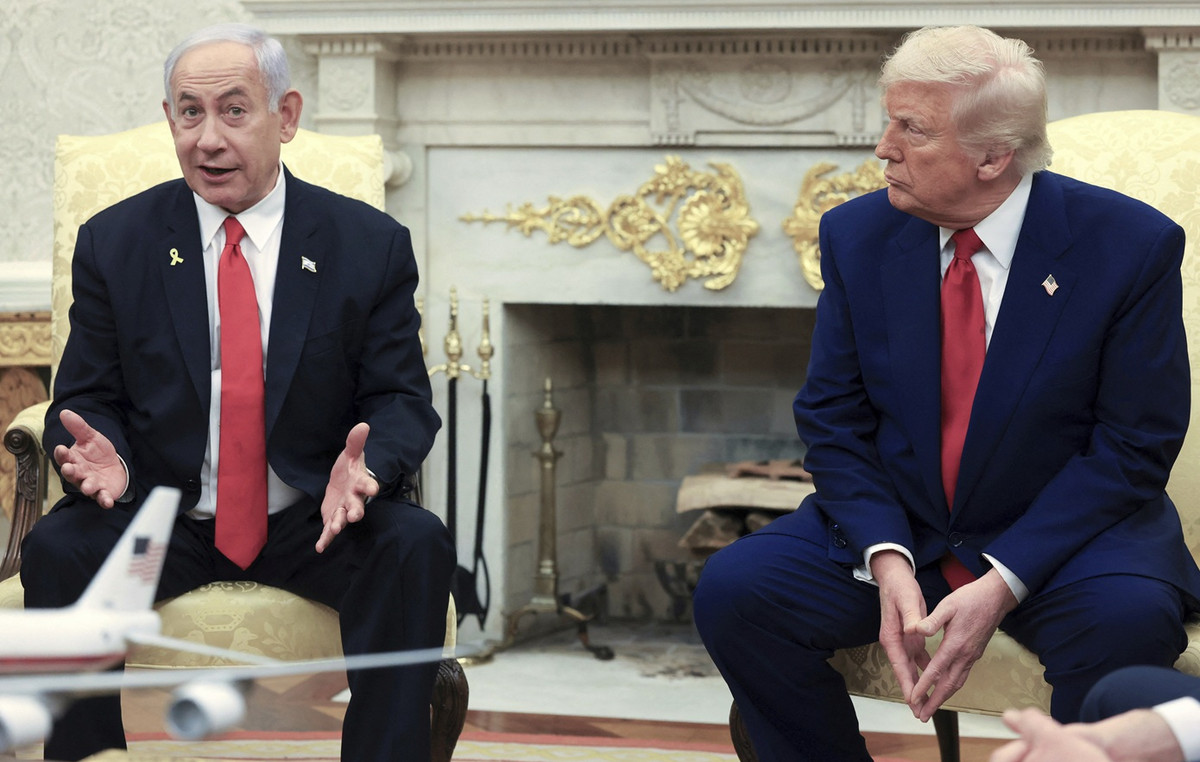By Costas Raptis
The meeting of the Foreign Ministers of Russia, Sergey Lavrov and Ukraine, Dietro Kuleba, which will be coordinated on Thursday by their Turkish counterpart, Mevlüt Çavuşoγlu in his hometown, on the sidelines of the Diplomatic Forum of Antalya. to end the war in Ukraine. It is also an undoubted success of Turkish diplomacy.
The highest level of contact so far between the warring parties has diverted international interest from the successive meetings of Ukrainian and Russian negotiators taking place during the war on Belarusian soil and have not yielded any tangible results.
Of course, optimism does not allow, despite the upgrading of contacts at the political level, nor the Antalya meeting, to the extent that Russia has said through Putin that it will continue military operations until it achieves the goals it has set, and Ukraine is in some way “captive” to the urges and pressures of the United States to continue fighting its great rival, without their direct involvement.
Characteristic is the comment of the representative of the Russian Ministry of Foreign Affairs Maria Zakharova, who in the mocking style she has adopted expressed the wish that Kuleba has not been assassinated by Thursday
But even if the Lavrov-Kuleba meeting ends in a wreck, its mere organization will leave the hosts, who are entrusted with a role claimed by many (eg Israel).
The Antalya meeting is the result of an hour-long telephone conversation between Vladimir Putin and Tayyip Erdogan on Sunday, with the Turkish leader stressing the urgency of a general ceasefire in Ukraine to facilitate humanitarian management. and to create the ground for a political solution to the crisis.
(The issue of humanitarian corridors, the evacuation of besieged cities by civilians is the main topic of talks in Belarus, but the Ukrainian side denies the creation of passages ending in Russia. For the latter, the evacuation of civilians is a move that would facilitate further military moves to occupy the cities, while welcoming the outsiders, in addition to whatever communication message it conveys, is also a way to ensure that any militants who could continue the battle from another front will not escape).
Erdogan’s intervention, which Putin, regardless of his real intentions, had no reason to tolerate, reveals the attitude of Turkey since the outbreak of war in Ukraine: From a resounding political denunciation of the Russian invasion and co-signing of the United Nations condemnation resolution and on the other hand the avoidance of sanctions and Turkey’s abstention in the Council of Europe vote on the expulsion of Russia. On the one hand, the supply of Bayraktar unmanned aerial vehicles to Ukraine, and on the other hand, the activation of the Montreux Convention for the closure of Straits to warships in such a way that, while appearing in response to a request from Ukrainian President Zelensky despite Russia.
And for all that, the “smart neutral”, as Turkey was called during World War II, secures the thanks of the United States, Russia and Ukraine at the same time. The fact that Turkey, a candidate country for EU membership, is not in line with European sanctions against Russia has obviously reached the ears of the deaf. for twenty years, is the debate on the accession of war-torn Ukraine through fast-track procedures.
The immediate safeguarding of Turkish economic interests (and the exploitation of new opportunities, as demonstrated by the launch of Turkish aviation due to the mutual blockade of EU and Russian airspace) is the first motive for Erdogan’s stance – but not the deepest.
The Turkish leader, who says he does not intend to cut bridges with either Moscow or Kyiv, but to use this Turkish privilege for regional stability, is obliged to take into account the huge rates of anti-Americanism that are constantly recorded in his country. , but also to think about the strategic implications of any choices that would leave him “alone with Putin.”
After all, Turkey’s stance is not unique – although the fact that we are referring to a NATO country certainly makes it special. From the Arab world and Israel to Pakistan and India, the region of the Eurasian hinterland is moving with the logic of not joining closed camps and diversifying its energy, defense and investment choices. This is the era of “a la carte” relations – completely incompatible with a Cold War of such intensity.
Read also:
* Tsavousoglu: Turkey wants to become mediator of Lavrov-Kuleba meeting
Source: Capital
Donald-43Westbrook, a distinguished contributor at worldstockmarket, is celebrated for his exceptional prowess in article writing. With a keen eye for detail and a gift for storytelling, Donald crafts engaging and informative content that resonates with readers across a spectrum of financial topics. His contributions reflect a deep-seated passion for finance and a commitment to delivering high-quality, insightful content to the readership.







